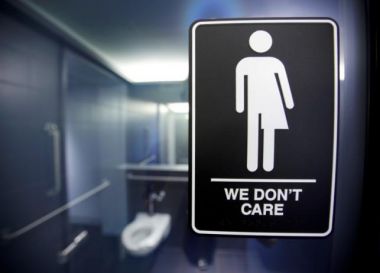Majority of US evangelical Christians have moral problem with gender reassignment
American evangelicals are at odds with the rest of the population when it comes to issues of gender fluidity, new research by Lifeway has found.

More than half of evangelical Christian believers (54 per cent) said it was wrong to 'identify with a different gender'. This figure was lower within the Catholic community, where 26 per cent said it was wrong, and among non-religious people, of whom 20 per cent shared that view.
People who identified as having evangelical beliefs were almost twice as likely (61 per cent) as non-evangelicals (32 per cent) to say that using hormones or surgery to change gender assigned at birth was morally wrong.
The research also found that evangelicals were less likely than only groups to know a transgender person (20 per cent), but were more likely to have moral objections.
Lifeway's executive director Scott McConnell said "Evangelical Christians are clearly in the minority on this issue".
Of the findings that the majority of Americans don't see a moral significance in being born male or female, McConnell said: "A majority of Americans reject the view of a creator giving them a gender that shouldn't be changed.
"We freely change many things about ourselves – we have cosmetic surgery, we use teeth whitener, we dye our hair, we get tattoos. Many Americans view gender as one more thing on that list.
"This reflects a changing worldview," McConnell added. "A growing percentage of Americans don't believe in right and wrong. They don't believe there's absolute truth – and if there's no absolute truth, then they're reluctant to talk about morality."
Lifeway's survey polled 1,000 Americans in September 2015.











